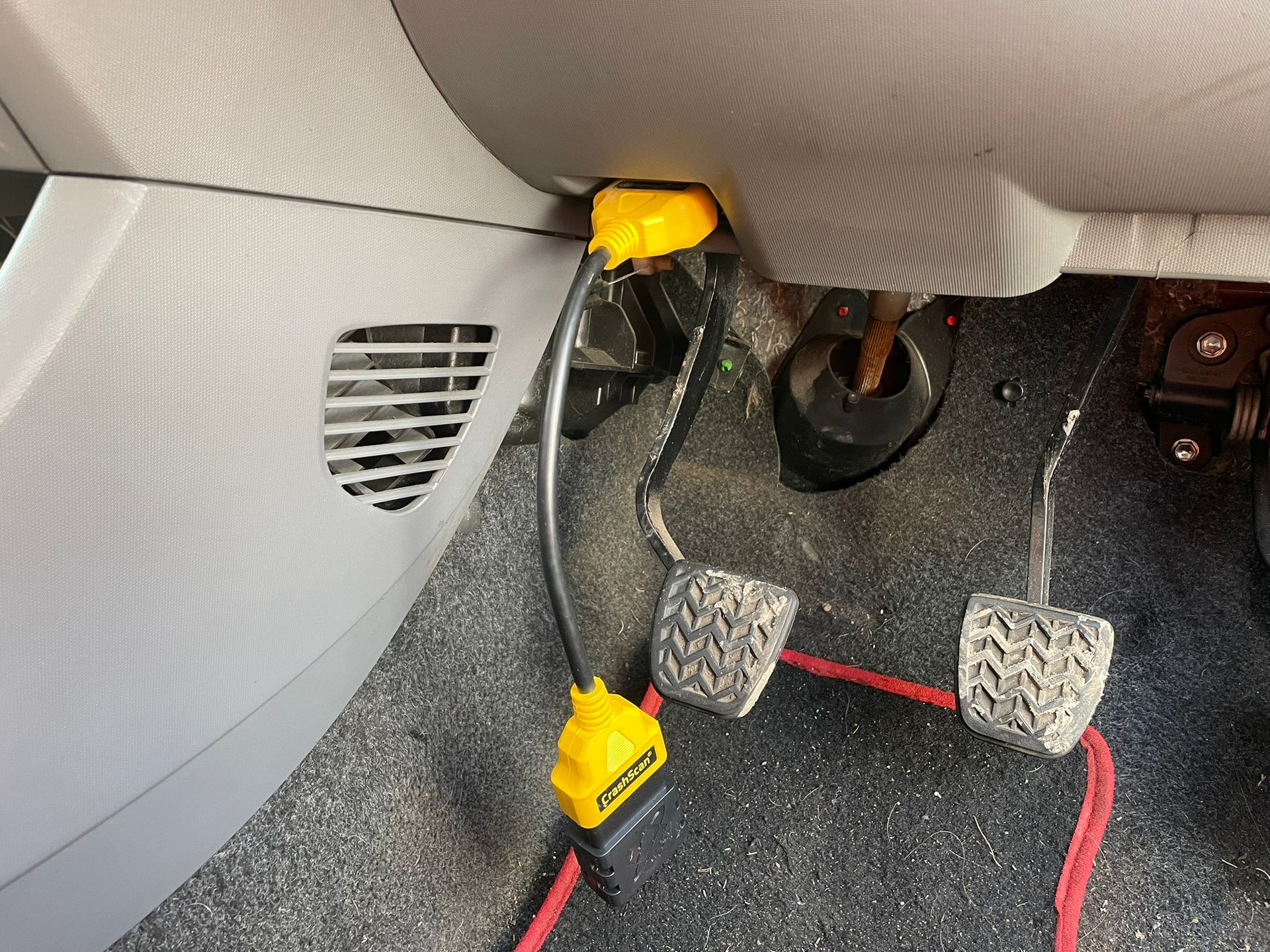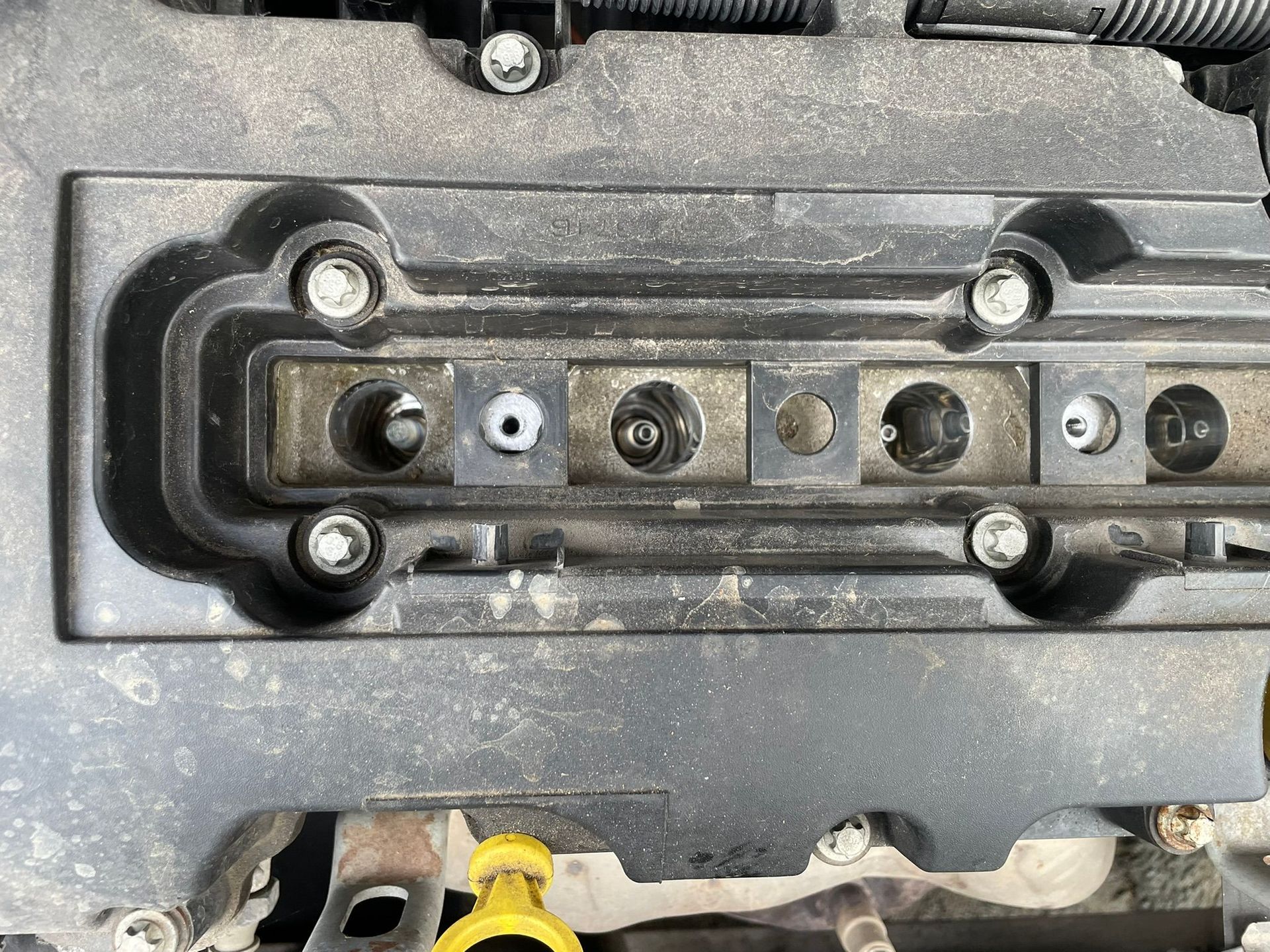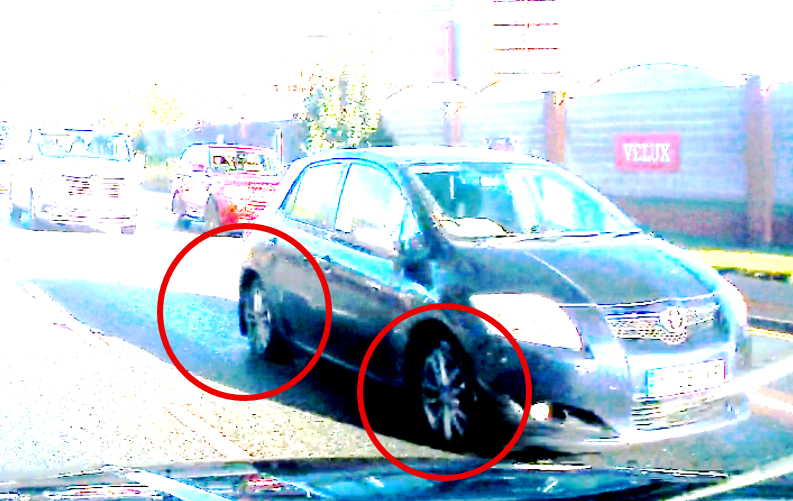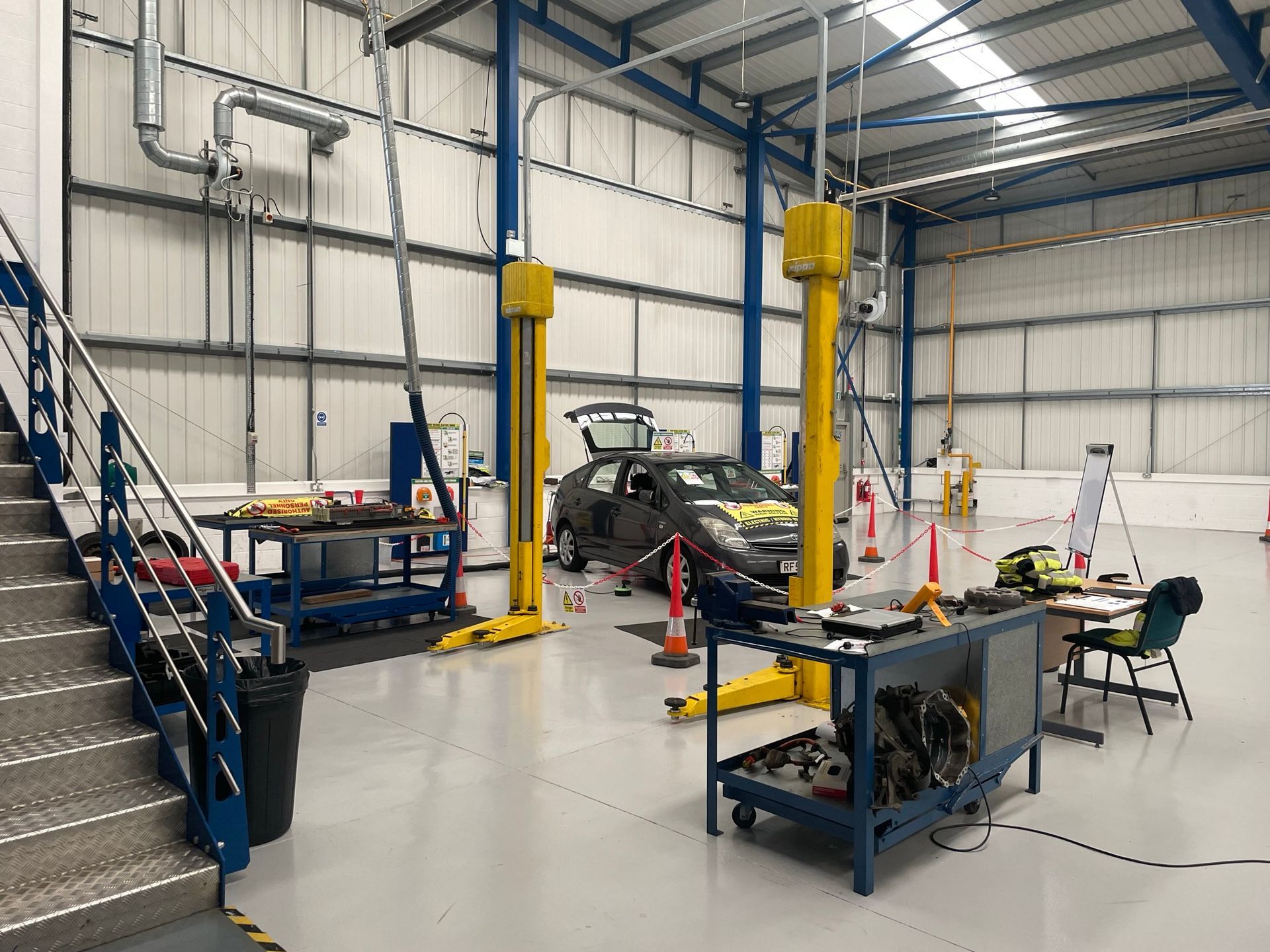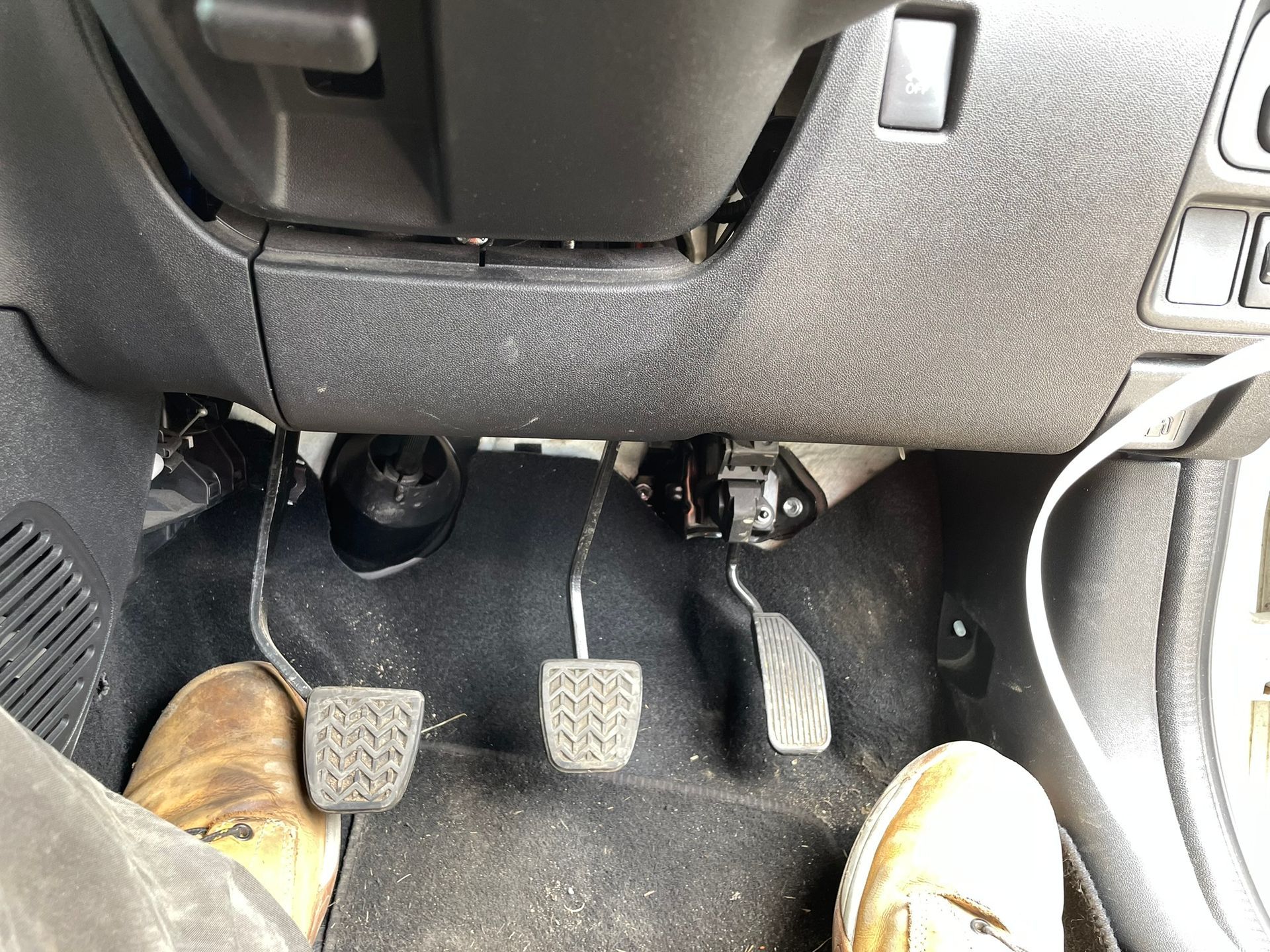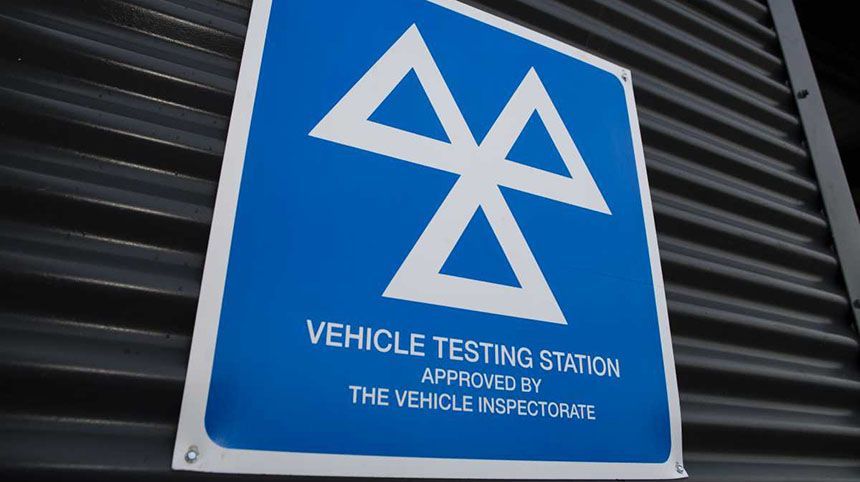How do we make our roads safer?

In 2022, the UK government proposed a Road Safety Investigation Branch (RSIB) that would make road safety recommendations based on an in-depth, fault free, analysis of collisions as well as providing insight into emerging trends and technologies, including e-scooters, electric vehicles and self-driving.
Despite repeated reassurances that the RSIB was still going to go ahead, in 2024, the then Minister for Roads and Local Transport, Guy Opperman MP, stated in an open letter, that the Government was no longer pursuing the RSIB or any such function (1) and instead was choosing to focus resources on future technologies and assurance that such technologies were safe prior to their deployment.
This clearly raises the question as to whether the UK needs an RSIB or a department with a similar function. We believe, the UK absolutely needs an RSIB.
The Wall Street Journal investigated a series of collisions involving Tesla vehicles and their investigation is nothing short of horrifying. They have produced a video of their findings on their YouTube channel, link below.
Link: https://www.youtube.com/watch?v=mPUGh0qAqWA
Not only does the investigation identify several inadequancies in the technologies being employed to keep drivers safe, but it also identifies the presence of data, which some manufacturers do not seem keen to hand over to vehicle owners, or investigators, information which is pivotal in understanding how and why a collision has occurred.
Successive governments have all pledged to reduce the number of serious injuries and deaths on UK roads, and broadly speaking, the numbers have been slowly reducing, but the information used to identify road safety measures, amongst some, comes from information compiled by the Police (called Stats-19 data).
This data identifies pertinent information on slight, serious and fatal injury collisions. However, we believe the data is ineffective. Before we continue further, this criticism is not directed at the Police, it is directed towards the system used to assess collision statistics.
Outcome before investigation
The Stats-19 process includes an outcome before an investigation is complete. The very purpose of an investigation is to identify the facts, and from those facts, draw reasonable conclusions. Towards the end of the Stats-19 form, the person completing it is expected to select up to six contributory factors. There is no standard training programme in place for officers completing the form and so the outcomes and causes of a collision is not uniformed, it is subject to the interpretation of the officer completing it. In addition to this, of those forces we asked, almost all Stats-19 forms are completed at the end of the officers tour of duty or within 48 hours. Therefore it is highly likely the outcomes are being decided when the investigation is still at its early stages.
Road safety initiatives
The data collected through the Stats-19 process should not just be collected for collation purposes. It should serve two purposes, the first being to define the causes of a collision so initiatives can be put in place to reduce the likelihood of the causes occuring, but also a measure of success of those new and existing initiatives. From our research, it was clear that some police forces do proactively use the Stats-19 data to direct operational staff, but what is also clear is that some forces do not.
Investigations
Finally, the quality of the investigation will have a huge effect on the outcome and the recommendations made. If you have a jigsaw, the more pieces you have, the clearer the image you can see, and this is the same for collision investigation, specifically collision reduction. As with other collision investigation disciplines (i.e. marine, air and rail), to understand the causes of a collision, we cannot restrict ourselves to generic factors such as weather, time of day, location, to name a few. We need to have an appreciation of the wider factors at play, which may all contribute in some small way to a collision occurring. This forensic approach to collision analysis is not something that police officers have the time, skills or training to complete.
Each collision needs to consider a wide range of factors such as the driver (alertness, their ability to respond to unfolding events, intoxication, tiredness etc), engineering (automotive, road construction, traffic signals, road layout and design), weather and more, each of which needs an expert in that field to review the information to make appropriate conclusions, and where possible, recommendations. Without this forensic approach, we are missing an opportunity to reduce road deaths, reduce serious injuries and reduce the risk on our roads.
Conclusion
For all of the reasons stated above, now is the time to bring together the experts that are required under the banner of a Road Safety Investigation Branch (RSIB), to ensure that we systematically and methodically review all the circumstances to come to reasoned and balanced conclusions, which in the longer term, will help improve our roads.
(1) - Open letter, https://victimscommissioner.org.uk/document/letter-from-minister-for-roads-and-local-transport-on-the-cancellation-of-the-road-safety-investigation-branch/


